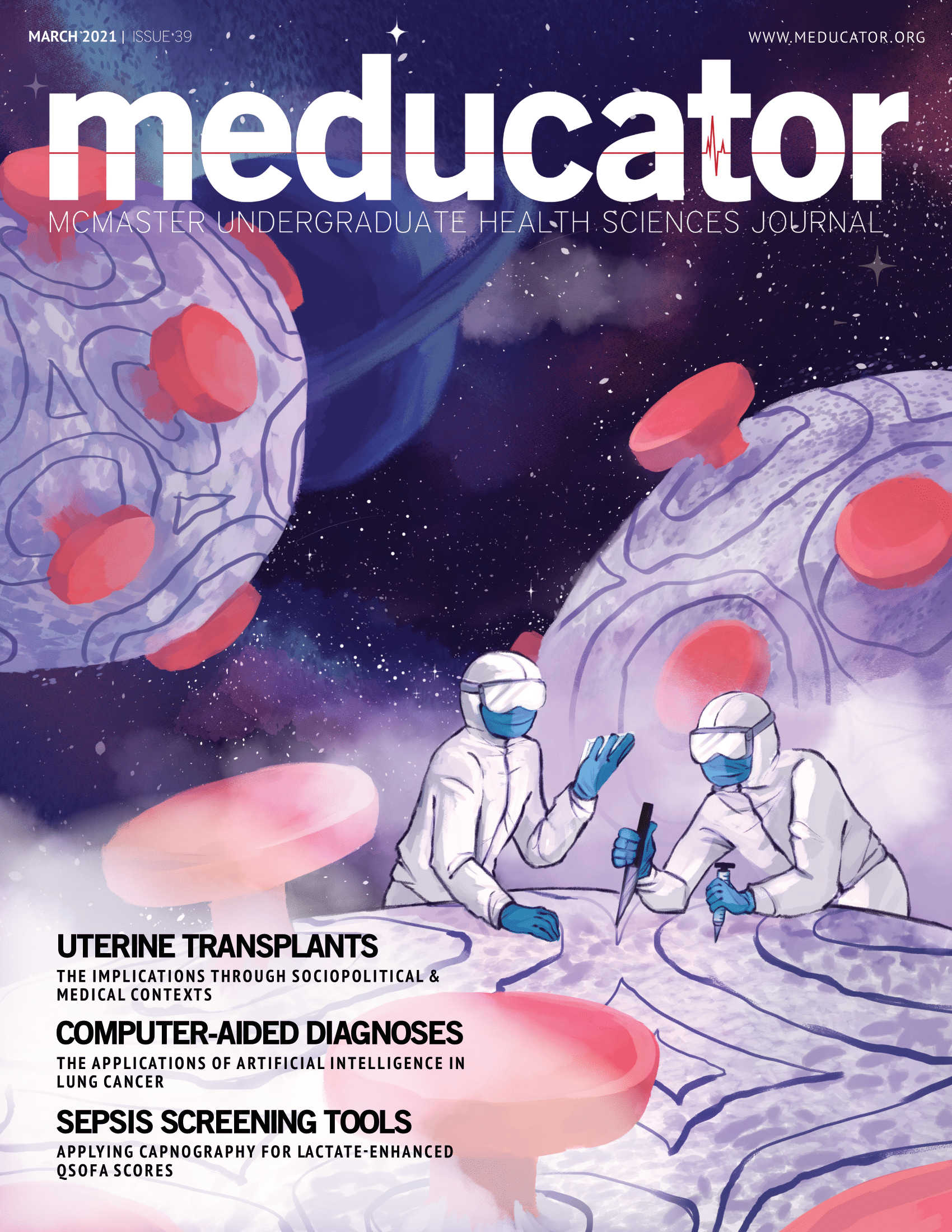Artificial intelligence in diagnosing lung cancer: Applications and future developments
DOI:
https://doi.org/10.15173/m.v1i39.3304Abstract
Computer-aided diagnosis (CAD) systems lie at the intersection of medicine and computer science. Over the last couple of decades, consistent research and technological advances have resulted in a steady improvement of CAD systems that are capable of assisting in the detection and diagnosis of various diseases. However, several limitations prevent CAD from being implemented in clinical practice. The primary purpose of this review is to provide a general overview of CAD systems in the context of lung cancer, as well as assess the critical challenges that CAD must overcome. Such challenges include data privacy and sharing laws, radiologist workflow integration, and the lack of a standardized performance evaluation. Thus, coordination between radiologists, researchers, and medical institutions will play a pivotal role in shaping the future development of CAD systems in healthcare.


